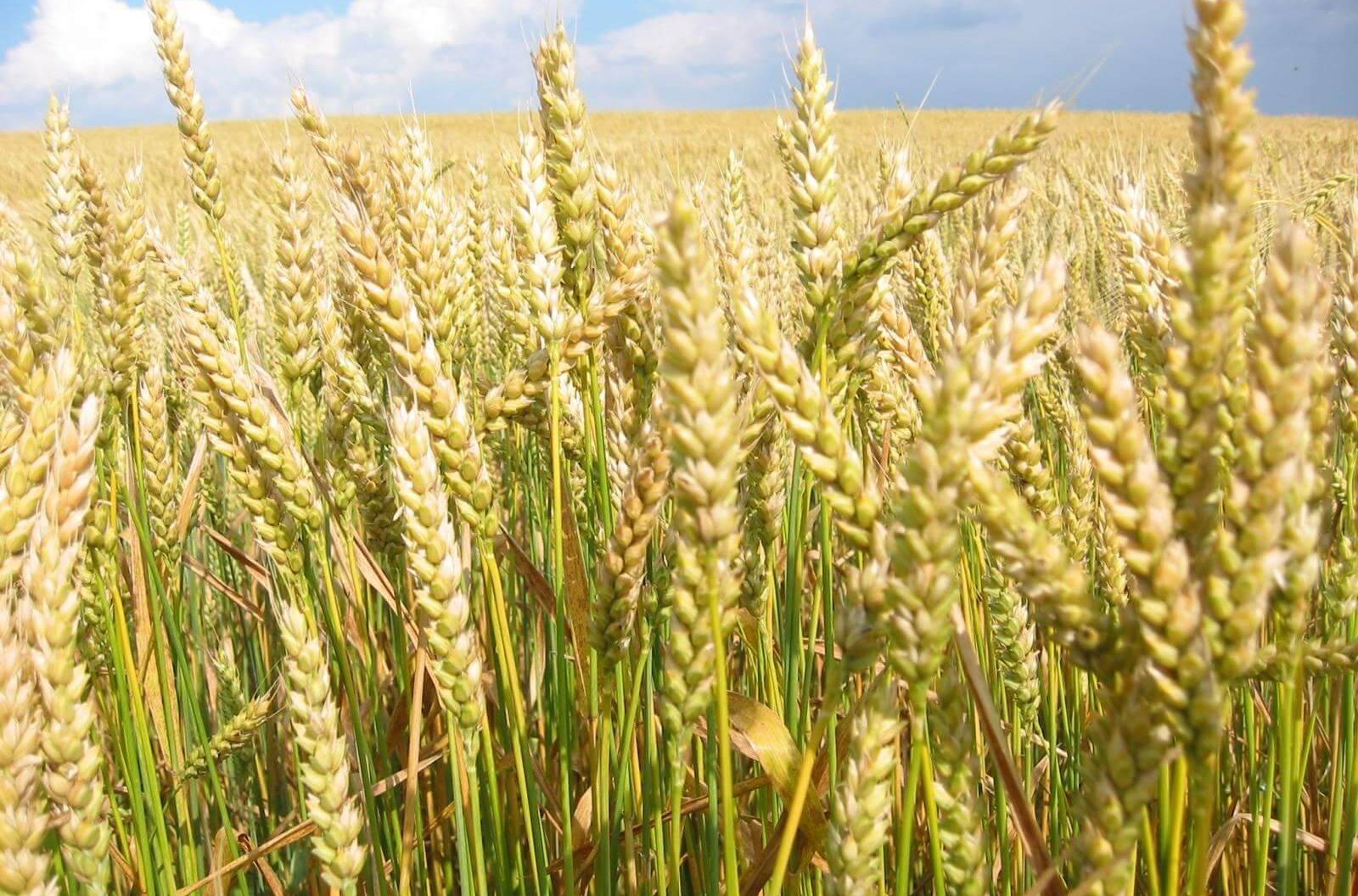Pak-China cooperation in biohealth agriculture to promote wheat production

Prof. Zhang Lixin from Northwest A&F University, China hoped to increase the per unit yield of wheat in Pakistan from the current 200-300 kilograms to more than 400 kilograms through technologies, such as, biohealth agriculture.
“Pak-China wheat cooperation is of great significance. With the world’s population expected to increase to 9 billion by 2050, populous countries like China and Pakistan must develop areas such as saline-alkali land to further meet food needs. It is imperative to develop drought-tolerant and saline-alkali-tolerant wheat varieties and improve the existing saline-alkali soil environment,” he said in an interview with China Economic Net (CEN).
The concept of “Biohealth Agriculture” (BHA) was put forward by Prof. Zhang Lixin in 2017 at the first International Symposium on the Belt and Road Bio-health. “Germplasm improvement must be our primary goal. Prof. Habib-ur-Rehman Athar from Bahauddin Zakariya University has worked with our researchers to hybridize the Chinese wheat variety S-24 with high yield and salt tolerance, which has been verified by research institutes such as the International Maize and Wheat Improvement Center (CIMMYT), with the Pakistani variety Fd-08, and the new varieties have been successfully cultivated.
According to our theoretical prediction, once put into industrialization, the cost can be reduced by 13 percent, and the income of farmers can be increased by 25-27 percent.
Besides germplasm, bilateral researchers in Pak-China Biohealth Agriculture Demonstration Park have applied three core technologies to the wheat experimental field in Pakistan, and remarkable results have been achieved.
“First of all, we are working with Prof. Dr. Muhammad Ashraf, Honorary Chairman of Pak-China biohealth cooperation project and Vice-Chancellor of the University of Lahore, to improve local soil with bio-nanotechnology, which can greatly increase local wheat production. Currently, new wheat varieties have the potential to increase the yield by 2.7 percent per annum have accounted for 3 percent of the total in Punjab. The role of nano-materials such as nano-biochar and nano-nutrients (zinc, potassium, iron oxide, etc.) cannot be underestimated,” Prof. Zhang introduced.
Secondly, University of Agriculture Faisalabad has introduced our vermiculture technology to produce high quality vermicompost as bio-organic fertilizer. The nano-fertilizer and vermicompost fertilizer can be used in combination to further achieve the goal of increasing wheat production.
Thirdly, our biological immunity technology can effectively improve the immunity of the plant. The nano-nutrient solution, as a ‘plant vaccine’, will greatly reduce the impact of diseases and insect pests to a minimum threshold. Taking wheat as an example, biological immunity can protect the grain, the economic organ of the plant, from pests and diseases to the greatest extent.
In Prof. Zhang’s view, the blueprint for China-Pakistan wheat cooperation has just begun. In the next step, in addition to Pakistan, Biohealth Agriculture Demonstration Park will also be gradually built in various parts of China, serving as an important bridge for agricultural cooperation. Not only wheat, various Pakistani high-quality crops will be gradually introduced, and young scientists from Pakistan will also come to China regularly for exchange and training.
“We want to promote the development of agricultural trade through the display of excellent varieties. If bilateral wheat with local advantages can communicate at the trade level while responding to the food crisis, especially in the context of climate change, it will be a win-win situation,” concluded Prof. Zhang, which was echoed by Prof. Dr. Muhammad Ashraf. “Our farmers will be acquainted with novel ways to improve crop production while simultaneously reducing synthetic chemical fertilizer inputs, which are injurious to the health of all organisms, not to mention that rising fertilizer prices are a huge burden on farmers.”
Read also
Join with the EARLY RATE – 22 International Conference BLACK SEA GRAIN.EUROP...
Ukraine has already exported 80% of the forecasted volume of rapeseed
Australia increased wheat exports by 20% in October
Palm oil prices fell by 5.4% despite lower forecasts for production, exports and s...
Ukrainian ports handled over 90 mln tons of cargo since the beginning of the year
Write to us
Our manager will contact you soon



